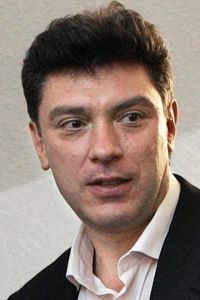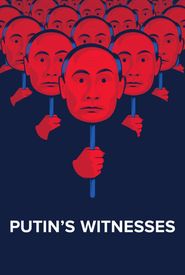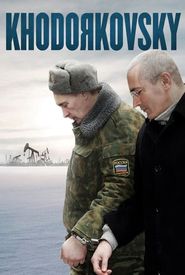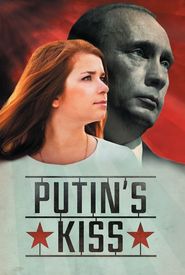Boris Nemtsov, a renowned individual, entered this world on October 9, 1959, in the picturesque city of Sochi, which is located in the Krasnodar Krai region of the Russian Soviet Federative Socialist Republic, commonly referred to as the USSR, and is now part of the modern-day country of Russia.

Boris Nemtsov
Deceased · Born: Oct 9, 1959 · Died: Feb 27, 2015




















